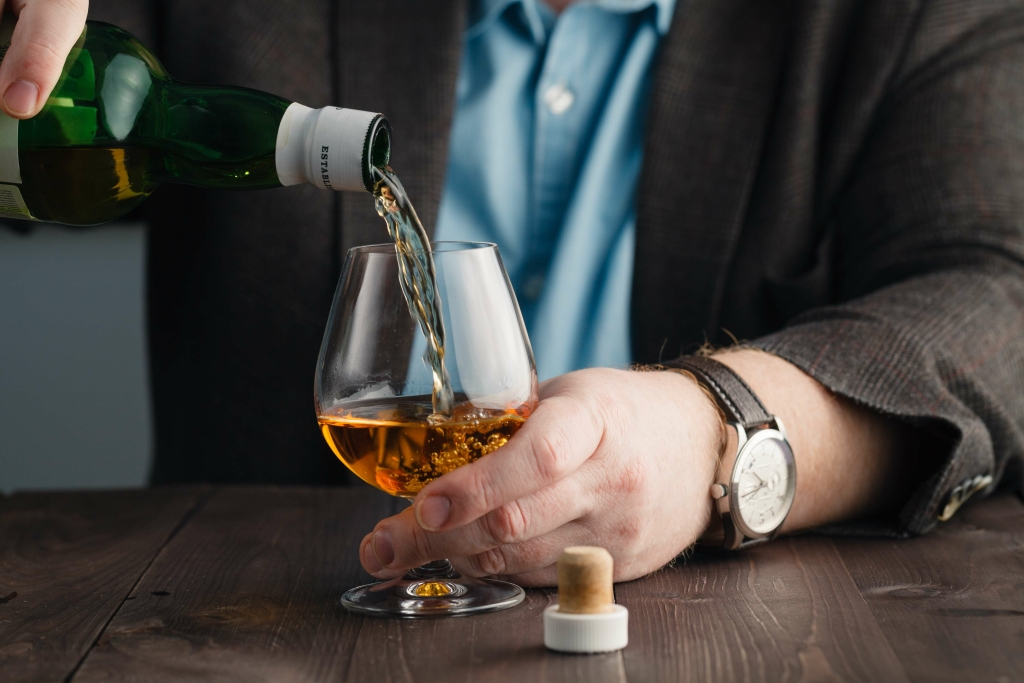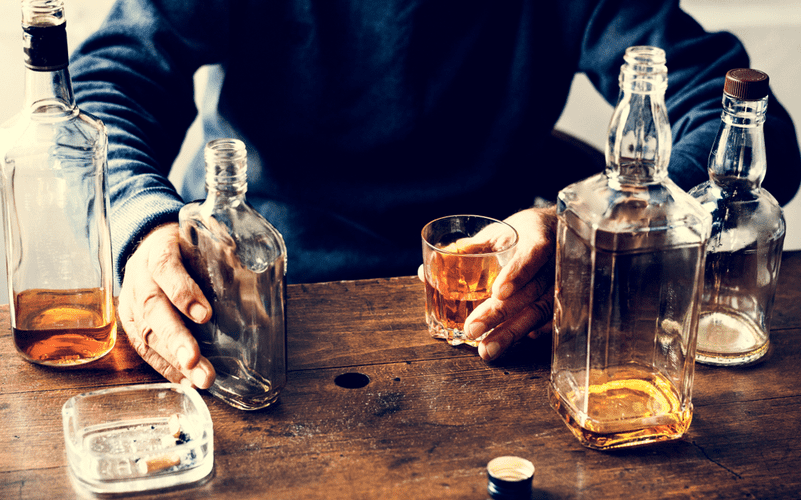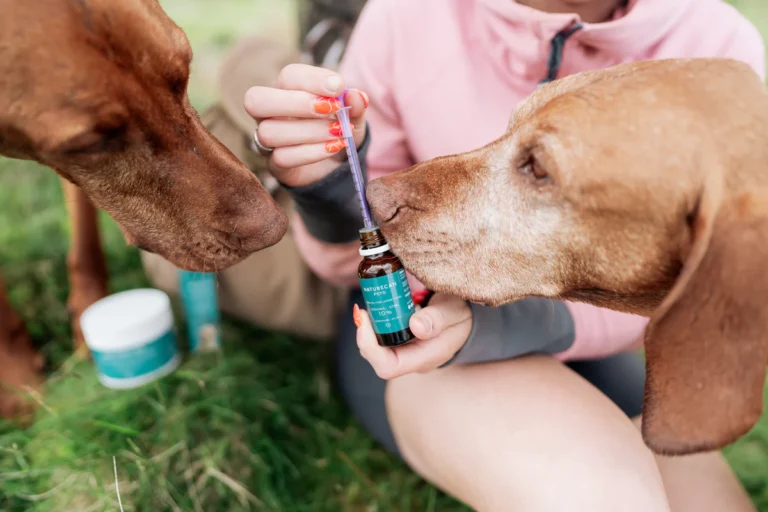Dry Drunk Syndrome: How to Overcome Sober Drunk Behavior Patterns?
If you or someone you know is struggling with alcohol use, it’s crucial to seek professional help. A simple check-in call or a walk with a friend can shift an entire day. It means there’s someone to text when anxiety hits or when emotions feel too big. The sense of being seen and valued can replace the old feeling of needing to numb pain alone. Unfortunately, the dry drunk can’t be forced to see reality, no matter how much family, loved ones, and friends wish it could.
Preventing Dry Drunk Syndrome After Quitting Alcohol
Recovery can be extraordinarily difficult and bring up feelings of hopelessness. Plus, if you’ve done things while drinking that harmed you or people you love, you may also carry some pain and have plenty of sharp words for yourself. Having helpful coping techniques in place can make it easier to manage distressing emotions and thoughts about drinking. If you suspect you might be dealing with this syndrome, try not to be too hard on yourself. When talking to or about someone in recovery, avoid using this term.
- A persistent lack of energy is common in individuals dealing with emotional and psychological distress.
- In cases where dry drunk syndrome intertwines with other mental health disorders, a comprehensive psychiatric evaluation can pinpoint the challenges.
- They may still act out in anger, isolate, obsess, or engage in negative behaviors, even though they’ve been abstinent for months or even years.
- If you’re an alcoholic now, you might be concerned about going through dry drunk syndrome.
- Treatment emphasizes the need for individuals to address underlying issues, develop healthier coping mechanisms, and find purpose in life to move beyond the dry drunk phase.
Where Did the Term “Dry Drunk” Come From?
Make sure you’re prioritizing your own self-care throughout their recovery process. Maybe they slipped up and had a drink after several months of sobriety. It’s not always easy to open up about alcohol use and recovery, especially to people who don’t have any experience with it, but it’s a crucial part of the process. The characteristics of this phenomenon may share similarities with Sober living house the feelings and behaviors you might experience while still drinking.
- It’s most noticeably categorised when they turn to destructive coping habits instead of developing healthy habits.
- Post-acute withdrawal syndrome thus persists as a chronic and often subclinical disorder.
- This behavior can create a toxic atmosphere that discourages open communication and healing.
- Alcohol post-acute withdrawal syndrome has been a subject of much debate over the years due to insufficient research and evidence.
Unhealthy Coping Mechanisms
Nature has been proven to increase levels of dopamine in our brains. It is uncertain whether one causes the other, however, both can contribute to the origination, and maintenance of the other disorder. For example, depression can cause feelings of loneliness or isolation.
Instead, they see the dry drunk person as a “wonderful person” who is always busy and helping others. What they don’t see is that the dry drunk is never truly emotionally vulnerable or close to others. They use other behaviors or sober alcoholic meaning activities as a way to keep others at a distance.

If you’ve noticed yourself falling into dry drunk behavioral patterns, your loved ones’ support and encouragement can help you learn to manage these symptoms and their impact. Treatment options for dry drunk syndrome typically focus on addressing underlying psychological and emotional issues, developing coping skills, and supporting individuals in their recovery journey. Therapy, counseling, support groups, medication-assisted treatment, and lifestyle changes are commonly utilized to help individuals manage symptoms and achieve sustained recovery from addiction. In contrast, active addiction involves ongoing substance abuse and dependence, with individuals actively engaging in behaviors to obtain and use substances.

How to Prevent Being a Dry Drunk
Moving into dry drunk behaviors is only going to make your recovery worse. What you truly need is to embrace every https://rodolyubie.com/2022/10/04/how-long-to-reset-alcohol-tolerance/ aspect of your recovery. It will also help you recapture the joy that your life has been missing.
